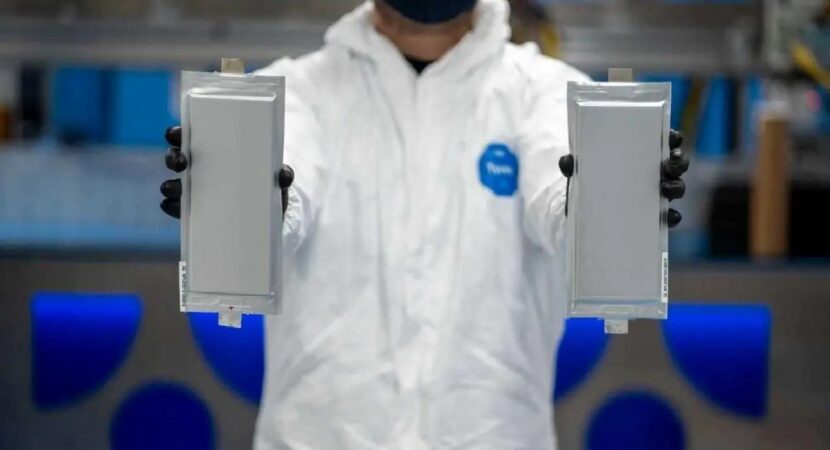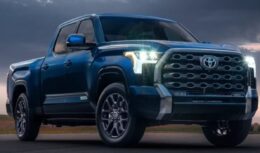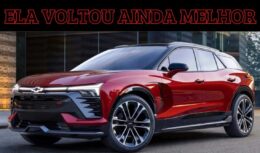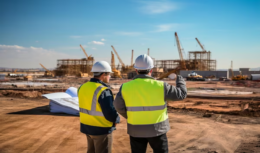
Nissan and NASA must race against time as several of the Japanese automaker's global rivals, such as Toyota, Volkswagen, Ford and GM, are also researching solid-state batteries.
Nissan is working with NASA to revolutionize EV batteries worldwide! The new type of solid-state battery promises to charge electric cars faster, be lighter, safer, and stable enough to be used in pacemakers, said the Japanese automaker on July 8.
Collaboration with the US space program, as well as the University of California San Diego, involves testing various materials, corporate vice president Kazuhiro Doi told reporters. “Both NASA and Nissan need the same type of battery,” he said.
Watch the video below and check out the Japanese automaker and NASA's ambitious plan to revolutionize electric car batteries in the world
New solid-state battery would bypass the use of rare and expensive materials that power lithium-ion batteries
The goal is to create a smaller, less expensive solid-state battery that will replace the lithium-ion batteries currently used in Nissan electric vehicles (and, indeed, most EVs.) Ideally, the resulting battery would bypass the use of rare and expensive materials that power lithium-ion batteries, including cobalt and lithium itself. Battery safety and stability will also be a priority.
when finished, the battery will fully charge in just 15 minutes instead of the several hours required by current technologies (Although this waiting time can be significantly reduced by using fast DC chargers). This speed potential can change the charging landscape, making the “refueling” experience more analogous to that of a traditional gas station.
Solid-state batteries use solid electrodes and other components rather than relying on the liquid or polymeric components of Li-ion batteries. Historically, they have been of low energy density, but recent technological developments have renewed interest in exploring their use in EVs and other applications. With the need to get more people into EVs as quickly as possible to tackle the climate crisis, the more innovation on the battery front, the better.
To carry out their research, Nissan and NASA are using a computerized database called the "source material informatics platform" to test combinations of hundreds of thousands of materials to assess what would work best. As mentioned above, the University of California, San Diego is also involved in the research.
A The Japanese automaker's main EV offering so far has been the Leaf. The vehicle was truly ahead of its time when it hit the market in 2010.
Several Nissan rivals such as Toyota, Volkswagen, Ford and GM are also researching solid-state batteries.
The Nissan-NASA partnership is slated to launch a pilot plant in 2024 and a product launch in 2028. If all goes according to plan, the resulting battery could revolutionize EVs around the world.
Some of the main barriers to wide-scale EV adoption are the expense and rarity of the materials required for lithium-ion batteries, as well as the time required to charge them. Several Nissan rivals are also researching solid-state batteries, including Toyota, Volkswagen, Ford and GM..











And the battlefield, all that matters is victory...
"Friendly nation" I don't believe you can…
The potential of this research and…
There is already a language translation app…
Developed countries now need a helping hand…
I've never seen a website publish so much zucchini...
It must be sold to the Australians, nation…
Much better than playing a lot…